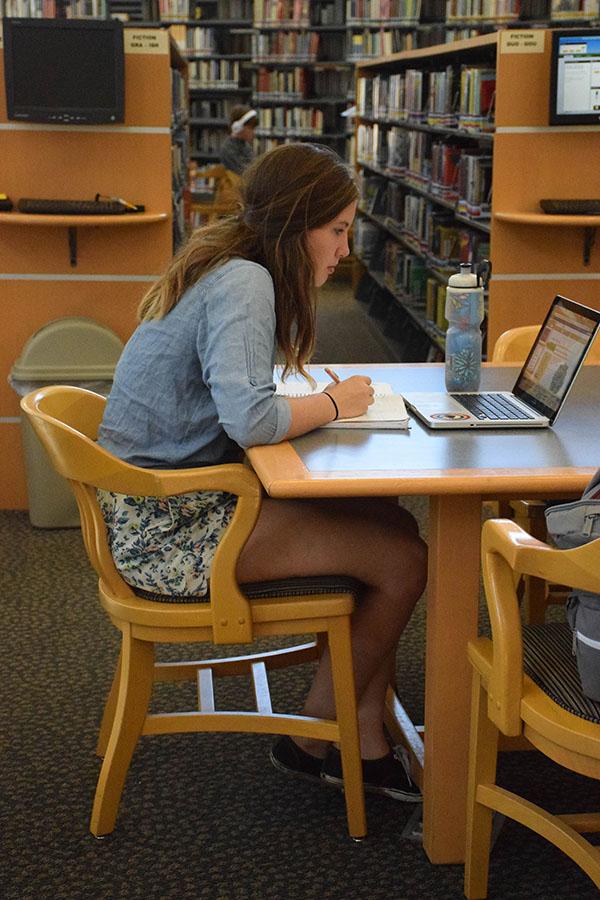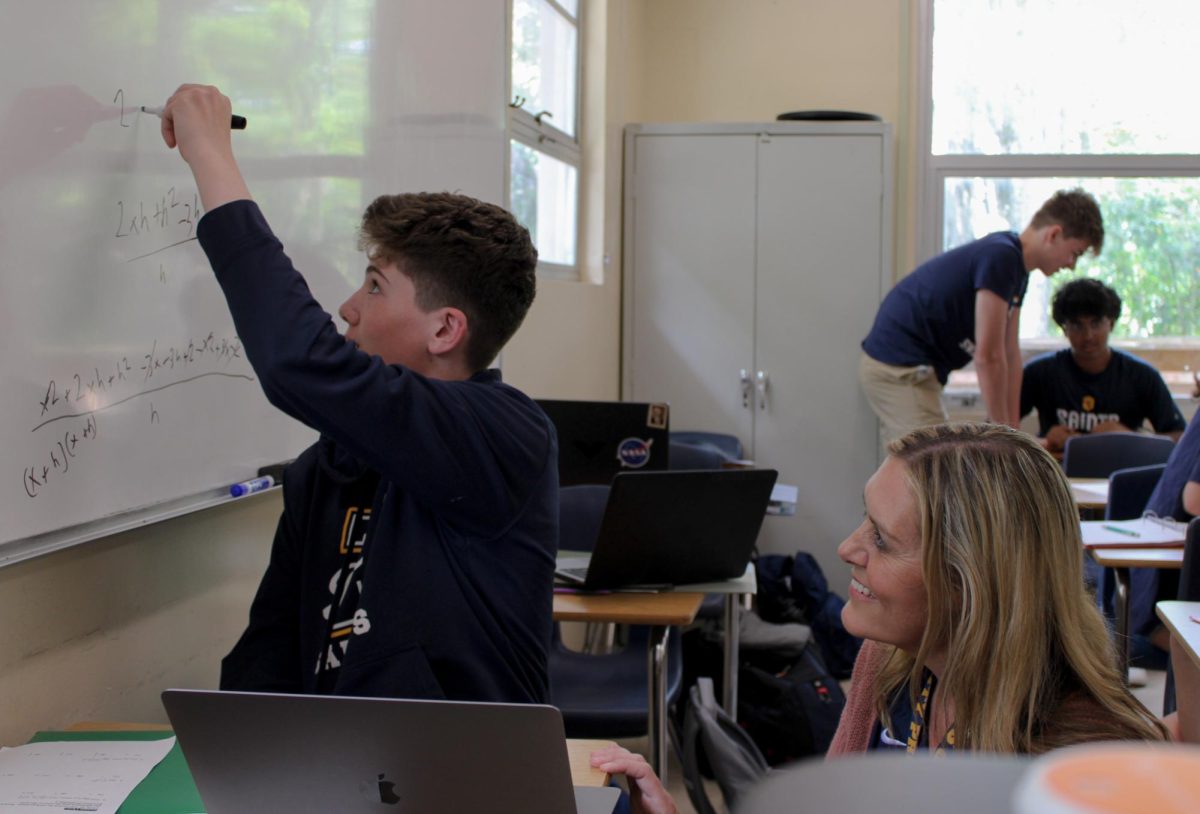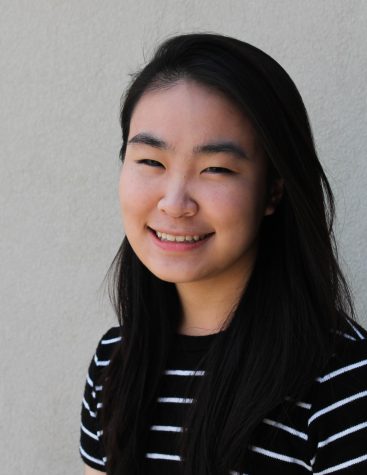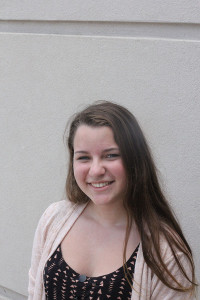In the early morning of a school day, 6th grade English teacher, Lenna Bowden, took out a white lab jacket and a pair of tweezers to prepare for her class on dissecting English sentence structures. Later on that day, AP U.S. History teacher, Darcy Butrimas, asked students to use their computers to prepare for a Lincoln Douglas debate. Very different and interesting approaches have been taken to deliver the most fundamental information to our students at Trinity Prep. This is exactly what Patrick Mulloy envisioned and planned for us to do when he stepped onto our campus this fall as our new Director of Curriculum.
“The strength of Trinity Prep’s current curriculum is the blend of both traditional and the most progressive conversations in education today,” Mulloy said. “This is what a great school does. Although there are certain things about technology that we can’t escape, students still have to be equipped with the skills to think when technology is not accessible.”
This is what makes Trinity a top-tier college preparatory school. Fundamental skills such as note taking, creating outlines and organizing essays are enforced, and these skills have made writers successful for hundreds of years. However, the administration is always open for new discussions about an app or software that might transform the students’ learning experience.
“The great schools are always questioning and debating,” Mulloy said. “Being the new guy on campus, asking the right questions is my priority.”
In fact, Mulloy views his job as the “chief conversation starter,” and he does not see the need for immediate curriculum changes. However, he enjoys having conversations with the various departments and each grade level.
“The most beneficial conversations are with the department chairs,” Mulloy said. “I’m using their expertise to figure out solutions.”
Coming from a K-12 school in Kentucky, Mulloy recognizes that continuity in any curriculum is of the utmost importance. Although the independent schools are easily able to enforce that continuity through the grade levels, Mulloy’s main responsibility is to ensure the curriculum continuity at Trinity. He considers whether students are struggling in the next grade because they haven’t had this material before or if new students are able to adjust to the workload and system efficiently.
“Stair stepping the curriculum through each department is going to be the tough part,” Mulloy said. “I need to be aware of the cumulative knowledge that students are expected to retain over the years.”
Mulloy is a firm believer in allowing teachers to have the independence of teaching in their own style. Therefore, he is not planning to adopt the Common Core Curriculum that public schools across the nation have employed.
However, Mulloy is aware of the various new changes in the public school system. But as an independent school, Trinity’s programs and curriculums have a certain amount of freedom. To Mulloy, it would not be reasonable for him to bring out a Common Core binder and instruct teachers on what and how they teach.
When asked about the new SAT that will emerge in the spring of 2016, Mulloy believed that the change will not affect Trinity students’ overall performance. Trinity’s curriculum has always been reinforcing the importance of critical thinking, and Mulloy believes that the SAT is actually migrating toward the concepts that our curriculum already values.
“Past results have shown that our math and English courses prepare our students well for standardized tests,” Mulloy said. “The critical thinking aspect is what Trinity has been doing for a very long time, and this is why our school is so strong in general and our Forensics team has little difficulty in speaking and analyzing.”
After sitting in various classes throughout the first few weeks of school, Mulloy can say with confidence that Trinity excels amongst the many independent schools throughout the nation.
“Based on what our students produce in class, and how they are engaged with the material in classes, I can conclude that the students are spectacular here,” Mulloy said. “I know that students love being here, and relationships can be formed.”
Impressed by the quality of Trinity students, Mulloy said that the students crave for academic opportunities. They come in with basic knowledge and want to take that knowledge to a higher level before they enter college.
“Being in a smaller school, we can pinpoint what you need to do as opposed to you just being a number in a mass of students. We can help you get where you want to be, or we can be your wingman to go above and beyond.” Mulloy advised that the perfect Trinity student is always excited to learn.
“There are expectations that students should come in and be ready to roll up their sleeves and work hard and know that the teachers will work alongside them all the way,” Mulloy said.
Trinity’s former Director of Curriculum Kathy Pinson once said that she would love to see new ideas and new energy to Trinity’s curriculum after she retires.
That new energy has arrived. Patrick Mulloy has turned a page on Trinity’s rigorous academics.
















